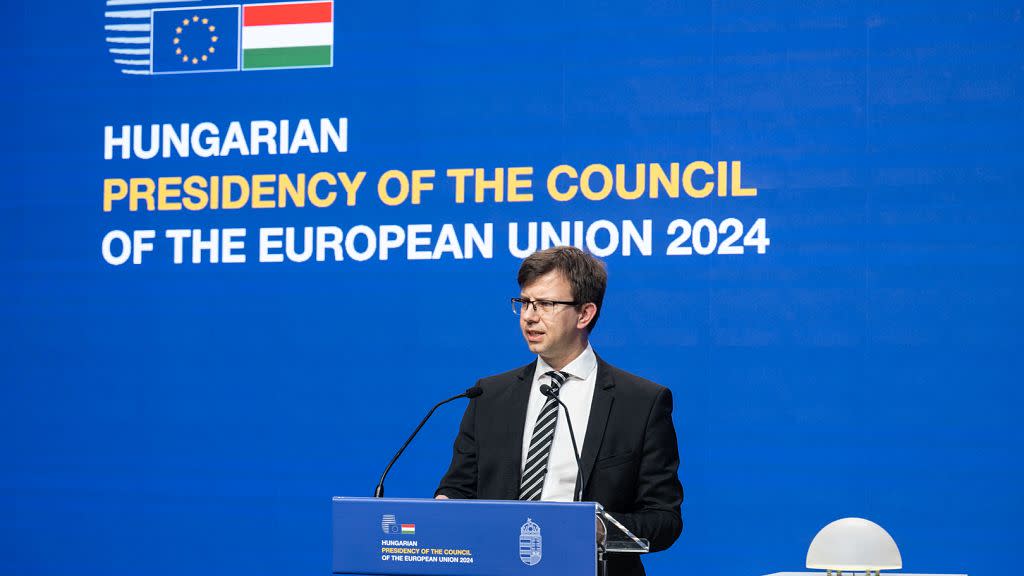Geothermal and nuclear energy among Hungarian Council presidency priorities

The promotion of geothermal and nuclear energy and electricity grid development are some of the policies the upcoming Hungarian EU Council presidency has vowed to back in view of maintaining the energy transition in line with climate action, according to its recently unveiled work programme.
Geothermal energy is a priority under the Hungarian Presidency which considers "making it more widespread" given its "key role in ensuring energy autonomy and security" and meeting climate goals. The country boasts the EU's largest geothermal city heating system, as described by the Belgian ambassador to Hungary Jeroen Vergeylen during a visit to Szeged on Wednesday.
The guiding document for the presidency’s work sees nuclear energy as one of the “pillars of the success of the green transition” and states that it will back initiatives promoting atomic energy. The presidency is also considering support to access “targeted EU funding for natural gas infrastructure projects” that “enhance source and route diversification” in view of strengthening energy security.
The presidency’s work vows to “promote the transition to a green and climate neutral, circular economy” and “intends to play a role in defining the European environmental and climate policy goals” for the next legislative cycle.
Subscribe here to stay informed on the latest EU policy development with our newsletter, "The Policy Briefing", your weekly insight on European rulemaking, key events and data trends.
“Our goals include contributing to the triple challenge of reducing pollution, mitigating climate change, and preserving biodiversity, in line with the EU strategy for the Danube region action plan,” read the Hungarian presidency’s six-month programme.
It pledges to “closely monitor the implementation of the 2030 climate targets” as the cornerstone of achieving climate neutrality by 2050, binding under the EU Climate Law. With regards to the 2040 climate target, recommended by the European Commission, but still lacking concrete policy measures, Budapest wants to contribute to the process of “defining an ambitious, yet achievable” intermediate 2040 climate goal taking into account social justice, competitiveness and the security of EU energy supply.
“We continue to support action in the mitigation of emissions, adaptation, and climate financing on the path towards climate neutrality while emphasising the importance of strengthening resilience,” read the work programme.
During the incoming presidency, a number of high-profile international events, such as COP16 in Brazil and COP29 in Azerbaijan, will take place, for which Hungary will “prepare, organise, and ensure the representation of the EU and its member states”, according to the document.
Prevention of food and textile waste and circular economy goals alongside the green claims law are some of the standby laws that the Hungarian presidency has signalled to improve with a “comprehensive legal framework” and to “achieve the greatest possible progress”.
Trade partnerships forged between Budapest and Mercedes-Benz, for the development of car factories, and the electric vehicle battery sector with South Korea, were unveiled this week by Hungary’s government spokesperson Zoltan Kovacs, as the country aims to be among the top five global battery producers with a manufacturing capacity of 250 GWh, meeting 35% of Europe's needs, Kovacs said.
“[National economy] minister Martón Nagy emphasized Hungary's strategic position in connecting Western and Eastern capital and technology, leading to a high-tech battery manufacturing boom,” wrote Kovacs on X.
The presidency will host several EU energy policy events, including the Strategic Energy Technology Plan conference, aimed at boosting the deployment of green technologies, planned for autumn 2024.


